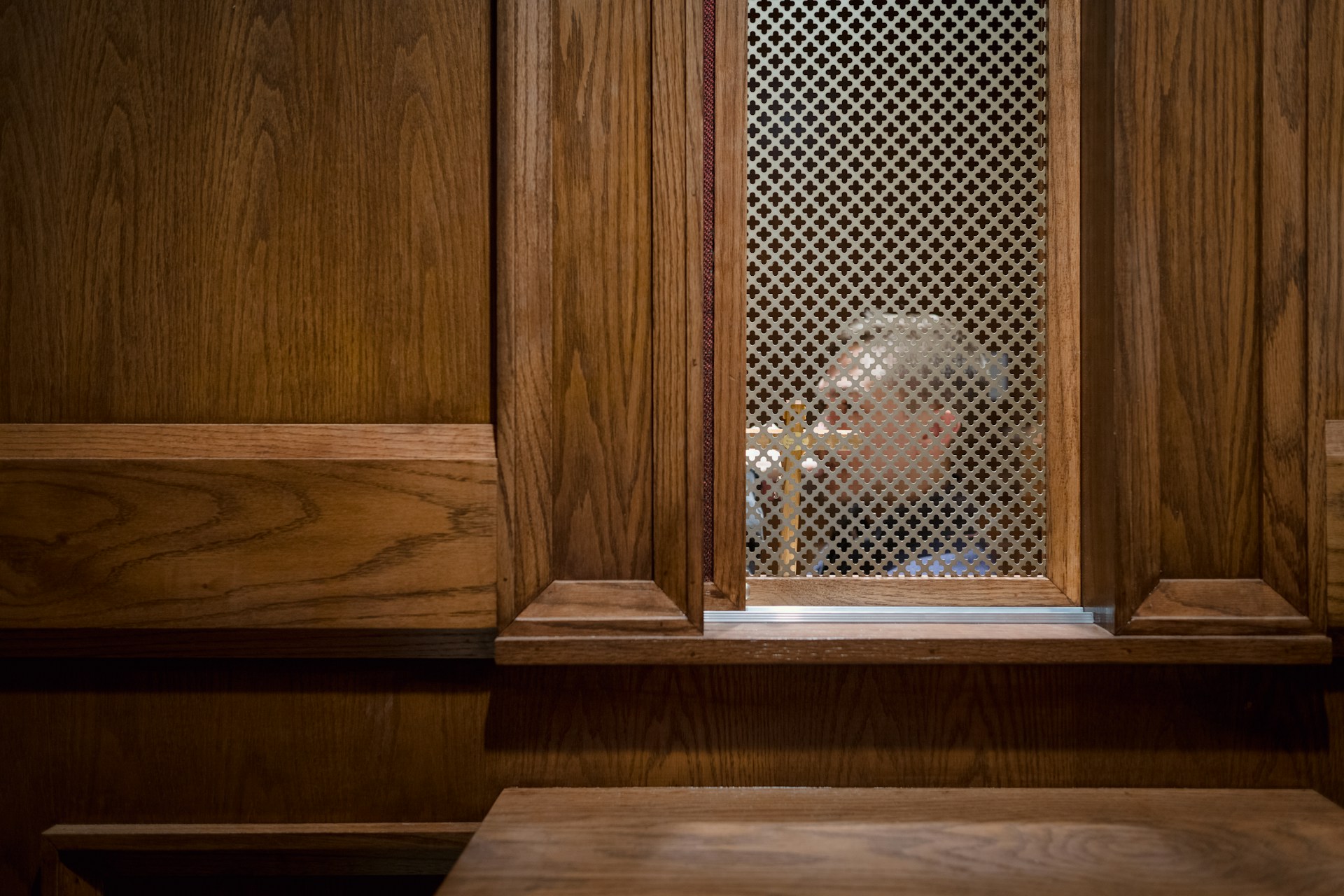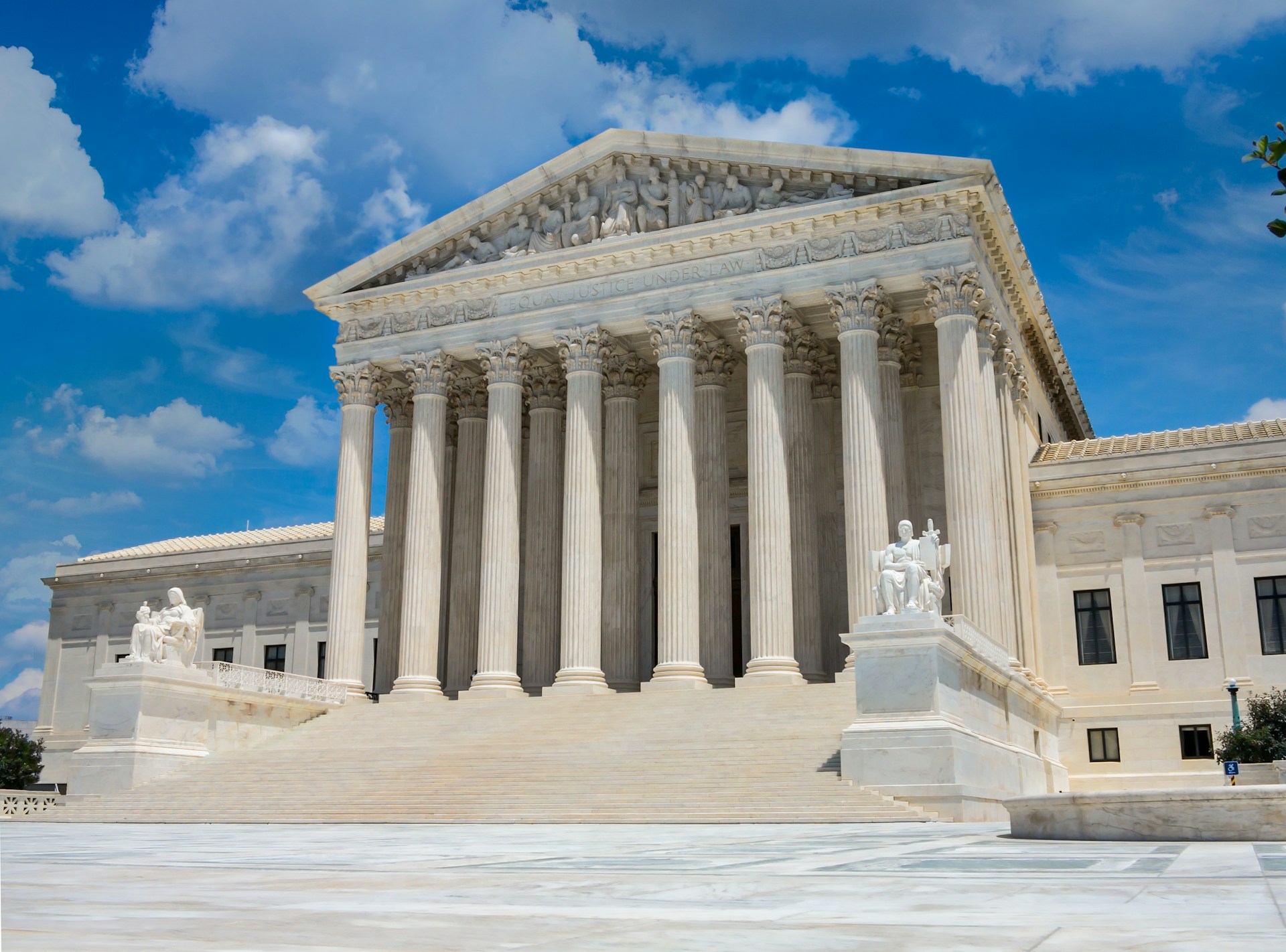Freedom
Proposals for Women’s Sports Spark Heated Debate

In a recent turn of events, two proposals aimed at preserving the integrity of girls’ and women’s sports in Washington state were narrowly defeated. These proposals sought to ensure that only biological females could participate in female sports categories, a move that resonates deeply with those who value fairness and the traditional understanding of gender roles.
The proposals required a 60% majority to pass, yet the proposal limiting girls’ sports to biological females received 58.5% of the votes, falling just shy of the threshold. The second proposal, which suggested an open division for athletes outside the traditional male and female categories, garnered only 24.5% support.
Despite the setback, the discussion around this issue underscores a critical concern shared by many parents, athletes, and community leaders. As Lynden superintendent David VanderYacht articulated, “It is clear to our girl athletes that competing against other athletes who have gone through male puberty is unfair.”
This sentiment echoes the broader call for fairness and the protection of opportunities for biological females in sports—a principle that many believe is under threat in today’s society.
The failure of these proposals comes amidst a backdrop of legal and political challenges. Washington’s existing laws, under the Washington Law Against Discrimination (WLAD), currently protect transgender individuals from discrimination, presenting a significant hurdle for those advocating for these changes.
Meanwhile, on the national stage, previous federal stances on this issue had included measures affecting states that did not comply with directives mandating that transgender athletes compete according to their birth gender. However, legal interventions have highlighted the complex legal landscape surrounding this issue.
The debate continues, with some advocating for resolving these tensions by emphasizing the need to protect women’s sports while ensuring that states receive necessary support. This reflects a commitment to both fairness in sports and the welfare of communities.
As the conversation progresses, it is crucial for those who cherish traditional values to remain vigilant. The preservation of fairness in sports is not merely about competition; it is about upholding the principles of justice and equality that are foundational to our society.
In these challenging times, it is essential to remember the importance of faith, family, and freedom. These values guide us in ensuring that every individual is treated with dignity while maintaining the integrity of our cherished institutions.
Let us know what you think, please share your thoughts in the comments below.
Freedom
Justice Department Challenges Sanctity of Faith

In a bold move to protect religious freedom and uphold the sanctity of faith, the Trump administration has taken a decisive stand against Washington state’s controversial Senate Bill 5375. This legislation, which mandates Catholic priests to report confessions of abuse, threatens to undermine the very essence of religious liberty by compelling clergy to violate the sacred seal of confession.
The U.S. Department of Justice has intervened, filing a complaint in the U.S. District Court for the Western District of Washington. The complaint argues that SB 5375 “unlawfully targets clergy and, specifically, Catholic priests” by imposing mandatory reporting requirements that disregard the confidential nature of the confessional.
“The Sacrament of Penance and Reconciliation, also known as Confession, is one of the seven Holy Sacraments of the Catholic Church,” the lawsuit emphasizes. “The seal of confidentiality is, therefore, the lifeblood of Confession.”
This sacred rite is deeply rooted in Catholic tradition, and any attempt to breach its confidentiality threatens the free exercise of religion. Assistant Attorney General Harmeet K. Dhillon of the DOJ Civil Rights Division has been vocal in her opposition, stating that laws targeting religious practices like the Sacrament of Confession “have no place in our society.”
“Senate Bill 5375 unconstitutionally forces Catholic priests in Washington to choose between their obligations to the Catholic Church and their penitents or face criminal consequences,” Dhillon asserted. The Justice Department’s intervention is a clear signal that attacks on religious freedom will not be tolerated.
The bill, signed into law by Democrat Gov. Bob Ferguson, reflects a troubling trend of governmental overreach. Passed largely along party lines, it adds clergy to a list of mandatory reporters of child abuse, even if the information is obtained through “privileged communication.”
Democrat Sen. Noel Frame of Seattle, who sponsored the legislation, claimed it was “long past time for this protection for children.” However, this perspective fails to recognize the unique role of clergy and the sanctity of the confessional.
Archbishop Paul Etienne of the Roman Catholic Archdiocese of Seattle has made it clear that “priests cannot comply with this law if the knowledge of abuse is obtained during the Sacrament of Reconciliation.” The archdiocese remains committed to supporting victims and protecting the vulnerable, but not at the cost of violating religious principles.
“The line between Church and state has been crossed and needs to be walked back,” Etienne warned. This sentiment resonates with many who see this law as an alarming overreach that could set a dangerous precedent.
In response to the bill’s passage, the DOJ launched a civil rights investigation, underscoring the Trump administration’s commitment to defending constitutional rights. While some argue that the law is about protecting children, it is crucial to recognize that religious freedom and child protection are not mutually exclusive.
The Trump administration’s intervention is a powerful reminder of the importance of faith, family, and freedom in American society. Upholding these values is essential to maintaining the moral fabric of our nation, and any legislation that undermines them must be met with steadfast opposition.
Let us know what you think, please share your thoughts in the comments below.
Freedom
Supreme Court Upholds Tennessee’s Ban on Transgender Treatments

In a landmark decision that underscores the importance of protecting children and upholding traditional values, the U.S. Supreme Court has affirmed Tennessee’s right to ban surgeries and hormone drugs for minors who identify as transgender. This decision reflects a commitment to safeguarding the well-being of youth and preserving the integrity of the medical profession.
The high court’s 6-3 ruling, led by Chief Justice John Roberts and supported by Justices Clarence Thomas, Neil Gorsuch, Brett Kavanaugh, and Amy Coney Barrett, with Justice Samuel Alito concurring, emphasizes that Tennessee’s Senate Bill 1 does not violate the Equal Protection Clause of the U.S. Constitution.
Roberts, in his majority opinion, dismantled the argument that the law discriminates based on sex, stating, “the law does not prohibit conduct for one sex that it permits for the other.” He further clarified that “under SB1, no minor may be administered puberty blockers or hormones to treat gender dysphoria, gender identity disorder, or gender incongruence; minors of any sex may be administered puberty blockers or hormones for other purposes.”
The decision highlights Tennessee’s “legitimate, substantial, and compelling interest in protecting minors from physical and emotional harm.” The state has recognized that these medical treatments are experimental and carry significant risks, which can lead to regret and irreversible harm.
The ruling aligns with recent actions in the United Kingdom, where the government has banned puberty blockers for children, except in clinical trials, due to similar concerns. Roberts noted, “This case carries with it the weight of fierce scientific and policy debates about the safety, efficacy, and propriety of medical treatments in an evolving field.”
The Supreme Court’s decision is a victory for those who believe in the sanctity of childhood and the responsibility to protect children from potentially harmful and irreversible medical procedures. It is a reaffirmation of the principle that such profound decisions should be left to the people and their elected representatives, not imposed by judicial fiat.
While Justice Sonia Sotomayor, joined by Justices Ketanji Brown Jackson and Elena Kagan, dissented, arguing that the law discriminates based on sex and transgender status, the majority opinion stands firm in its commitment to rational-basis review.
Tennessee’s Senate Bill 1, passed in March 2023, is a testament to the state’s dedication to protecting minors and maintaining the integrity of the medical profession. The legislation declares, “This state has a legitimate, substantial, and compelling interest in protecting minors from physical and emotional harm.”
Despite opposition from various groups and the Justice Department, the law has been upheld, reflecting the will of the people and the democratic process. This decision is a triumph for those who value faith, family, and freedom, and it serves as a reminder of the importance of standing firm in our convictions to protect the most vulnerable among us.
Let us know what you think, please share your thoughts in the comments below.
Freedom
SBC Faces Pivotal Moment on Pastoral Leadership

The Southern Baptist Convention (SBC) recently faced a pivotal moment as it voted on a proposed constitutional amendment aimed at reinforcing traditional biblical teachings regarding pastoral leadership. The amendment, which sought to prevent churches with women pastors from affiliating with the denomination, garnered 61 percent support but fell short of the necessary two-thirds majority required for passage.
This decision underscores the ongoing commitment within the SBC to uphold scriptural principles, particularly regarding male-only pastoral leadership. The proposed amendment intended to enshrine in the SBC’s constitution that cooperating churches must “affirm, appoint, or employ only men as any kind of pastor or elder as qualified by Scripture.”
Proponents of the amendment, like Mike Law, pastor of Arlington Baptist Church in Virginia, emphasized the importance of adhering to God’s wisdom as revealed in the Bible. Law stated, “Our culture may see this prohibition as harsh, but our God is all wise, and wrote this word for the flourishing of both men and women.”
However, the debate highlighted differing perspectives within the SBC. Some argued that existing mechanisms are sufficient to address churches that diverge from the denomination’s stance on pastoral leadership. Spence Shelton, pastor of Mercy Church in Charlotte, North Carolina, noted, “This amendment is unnecessary. The Convention has already acted to remove churches over this issue using existing processes.”
This decision reflects broader tensions within the SBC regarding the role of women in church leadership. While the denomination’s official statement of faith maintains that the office of pastor is reserved for men, interpretations vary among leaders, with some permitting women to serve in non-senior pastoral roles.
The close vote indicates that this issue will continue to be a topic of robust discussion in future conventions. The SBC’s decision to uphold its doctrinal position on male-only pastoral leadership reaffirms its commitment to traditional values and biblical teachings.
The case of Pastor Rick Warren’s Saddleback Church, which was expelled from the SBC for appointing women as senior leaders, serves as a poignant example of the denomination’s resolve. At the time, the SBC stated that Saddleback “has a faith and practice” that does not align with the Convention’s adopted statement of faith that “while both men and women are gifted for service in the church, the office of pastor is limited to men as qualified by Scripture.”
Warren, who has since expressed regret over his previous opposition to women in pastoral roles, remarked, “I wish I could do it all over. Christian women, will you please forgive me?”
As the SBC continues to navigate these complex issues, it remains steadfast in its mission to uphold the values of faith, family, and freedom. The Convention’s dedication to biblical principles serves as a guiding light for many, reinforcing the importance of adhering to scriptural truths in shaping a society grounded in Christian morality and traditional values.
Let us know what you think, please share your thoughts in the comments below.
-

 Self-Reliance3 months ago
Self-Reliance3 months agoTrump’s Bold Move Uncovers Massive Social Security Fraud
-

 News4 months ago
News4 months agoGovernor Walz’s Rhetoric Sparks National Controversy
-

 Faith3 months ago
Faith3 months agoNew Clues Emerge in Noah’s Ark Mystery
-

 Family3 months ago
Family3 months agoTexas Lawmaker Targets Furries in Schools
-

 News3 months ago
News3 months agoMel Gibson’s ‘The Passion of the Christ’ Sequel Title Announced
-

 Freedom4 months ago
Freedom4 months agoMaine Lawmaker Challenges Sports Fairness Controversy
-

 Family1 month ago
Family1 month agoCanada’s Controversial Policy Sparks Ethical Debate
-

 Faith2 months ago
Faith2 months agoMassive California Baptism Bash Shatters Records, Ignites Thousands!




